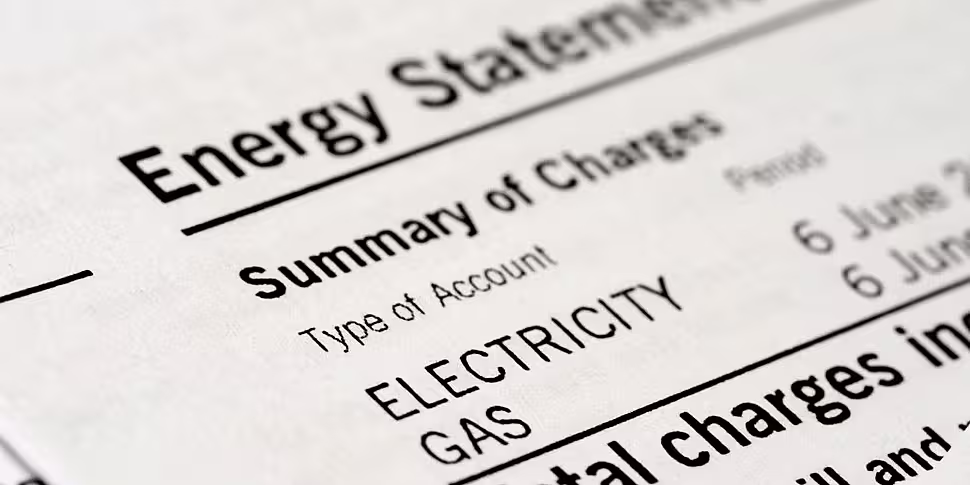Calls for retail electricity prices to be capped could benefit higher-income households the most.
That's according to Muireann Lynch, Energy Economist at the ESRI, who was responding to new calls for action on energy prices.
A Sinn Féin motion, to be debated in the Dáil on Wednesday, is calling on the Government to cap prices at "pre-Ukraine invasion levels."
Ms Lynch told Newstalk Breakfast that a wholesale price cap - where companies sell energy to each other - is already in place.
"We've kind of already done that with the windfall tax," she said.
"It doesn't mean that the energy prices will be capped straight away, but it means that when they rise above this cap we'll get that money back off them.
"If you're talking about on the retail side... the idea is that your actual energy bill is capped.
"So the price can do whatever it likes and your bill is capped - the Government makes up the difference".
'Incentive to conserve energy'
Ms Lynch said she would see 'a number of issues' with such a price cap.
"We lose the incentive to kind of conserve energy, we lose our energy efficiency incentives," she said.
"[These are] super-important, both in the context of Ukraine but also in the context of our climate goals.
"While we haven't done any analysis on this, what previous analysis would suggest is that would probably accrue more to higher-income households.
"The reason for that is higher-income households simply use more energy.
"So if we're capping our energy bills and we say, 'Anything that you use above that cap, the Government covers it', then the households that use the most actually get the most benefit".
She said this could see more resources going to higher-income households.
'No incentive to switch'
Ms Lynch said such an approach would also see the energy regulator essentially becoming the price-setter.
"That's great in the short-term, again we all save money, but [there is] that same issue about energy efficiency," she said.
"Secondly, and maybe more importantly, it means that now we have no incentive to switch around energy providers.
"So it means the energy providers can essentially jack their prices up as high as they want, because they have absolutely no incentive to try to contain those costs.
"They know that it's all going to be covered by the Government," she added.
Listen back here:









